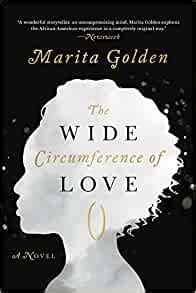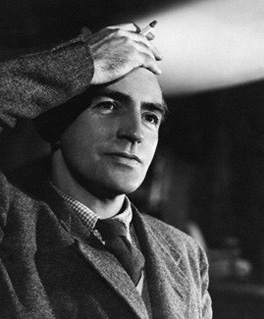A Quote by Maxwell Maltz
Your nervous system cannot tell the difference between an imagined experience and a ‘real’ experience.
Quote Topics
Related Quotes
For two minutes a day, think of one positive experience that's occurred during the past 24 hours. Bullet point each detail you can remember. It works, because the brain can't tell the difference between visualization and actual experience. So you've just doubled the most meaningful experience in your brain.
You can gain experience, if you are careful to avoid empty redundancy. Do not fall into the error of the artisan who boasts of twenty years experience in craft while in fact he has had only one year of experience–twenty times. And never resent the advantage of experience your elders have. Recall that they have paid for this experience in the coin of life, and have emptied a purse that cannot be refilled.
There is only one essential difference between consciousness and dreaming, and that is sensory input. Your experience is a dream, so is my experience. This stuff about how the frontal cortext is repressed during dreaming. Lucid dreaming presents an obvious contradiction to it. The only difference is sensory input.
The difference between tragedy and comedy is the difference between experience and intuition. In the experience we strive against every condition of our animal life: against death, against the frustration of ambition, against the instability of human love. In the intuition we trust the arduous eccentricities we're born to, and see the oddness of a creature who has never got acclimatized to being created.


































